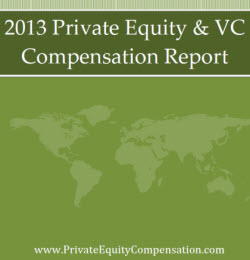Under pressure to exit aging portfolios and generate investor returns, private equity firms increasingly turning to strategic or secondary sales due to the unfavorable conditions in the IPO market. Sitting on portfolios that originated during the height of the market in 2007, many private equity and venture capital funds are seeking alternative exit routes in order to pay back investors and pave the way for additional fund raising. Recent market volatility has led to a cooling of investor sentiment that could adversely impact the market valuation of companies sitting in the IPO pipeline, so private equity firms are orchestrating sales to other private equity firms, companies, or stockholders while they can still get reasonable valuations.
And, there doesn’t seem to be any shortage of buyers as larger companies seeking to expand their own portfolio or
enhance their business offering are lining up. There’s a strong interest among foreign companies especially in the agri-business, engineering and life sciences sectors. In the past year the number exits through strategic sales have been increasing while the number of IPOs has been decreasing. Pension funds have also been showing increasing interest in secondary deals which has been driving pricing in recent months.
Investors are buoyed by the fact that their returns from strategic sales and secondary sales have generally been better than the returns generated from IPOs especially when the markets have not been very kind to valuations. Strategic and secondary sales can produce quicker exits with more cash in hand than the typical IPO. Plus, the environment for IPOs has been further clouded with regulatory issues that could delay their sale.
Strategic sales and secondary sales have been climbing in global markets such as India and Asia which have long been experiencing market volatility and discounts to valuation. It is expected that similar activity will pick up in the U.S. as the pressure on private equity firms to exit aging portfolios increases in the face of a cooling IPO environment.



{ 1 trackback }